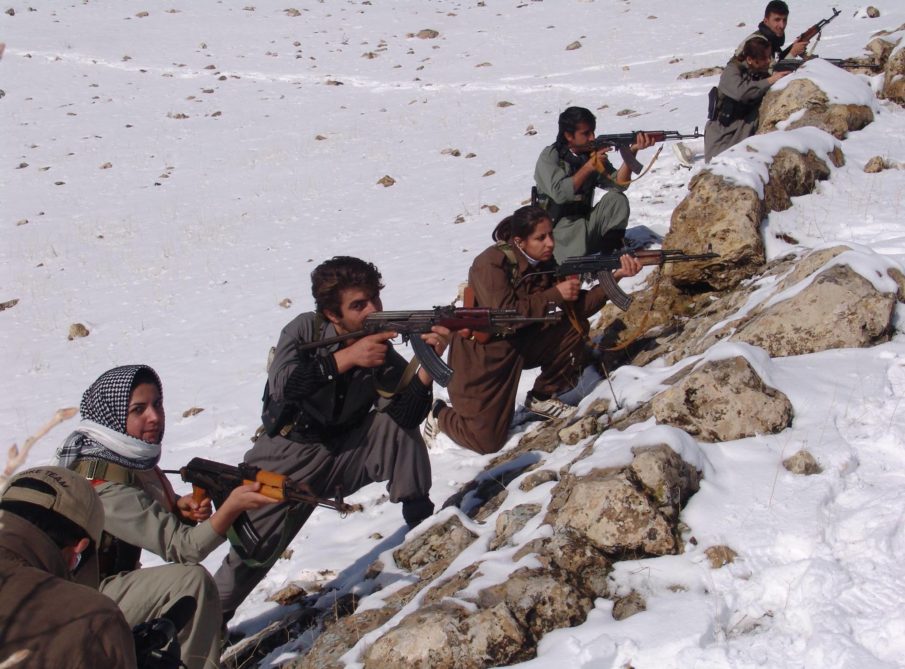Kurdish militant groups call for unification against Turkish-Iranian alliance
AI Overview
Summary is AI-generated, newsroom-reviewed.
The Kurdistan Free Life Party (PJAK) has released a statement calling for a unified front against the Turkish and Iranian border elements. PJAK is a militant group that maintains a close relationship with the Kurdistan Workers’ Party (PKK). Prior to the announcement, Turkish and Iranian border offic
Read the full article for more on:
- Important insights and detailed analysis
- Expert commentary on current events
- Breaking developments and updates

The Kurdistan Free Life Party (PJAK) has released a statement calling for a unified front against the Turkish and Iranian border elements. PJAK is a militant group that maintains a close relationship with the Kurdistan Workers’ Party (PKK). Prior to the announcement, Turkish and Iranian border officials made their intentions and “determination” to combat the two groups […]

What readers are saying
Generating a quick summary of the conversation...
This summary is AI-generated. AI can make mistakes and this summary is not a replacement for reading the comments.









COMMENTS